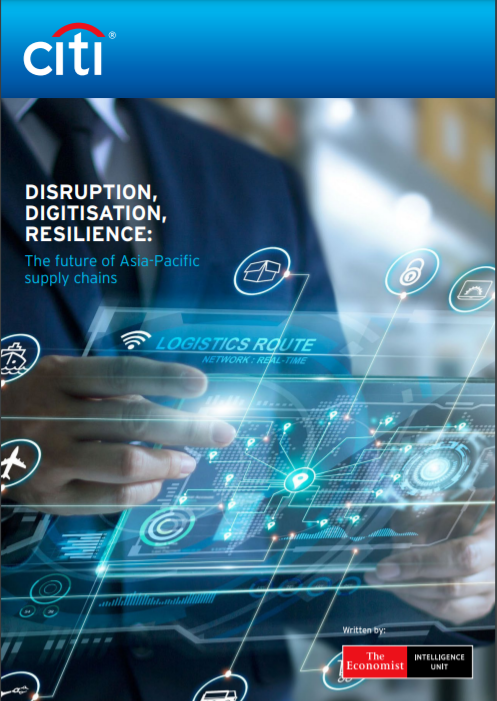- While supply chains in Asia Pacific are relatively resilient, companies across the board are rethinking their longer-term strategies for the future
- Asia Pacific supply-chain managers are investing more heavily in the digitisation of their supply chains since the onset of the pandemic
- Asia Pacific supply-chain managers remain more bullish about globalisation and international supply chains than their counterparts elsewhere
- Supply-chain managers in Europe and North America could be pulling back from long and very global supply chains to add more resilience through regionalisation and diversification
- Larger companies are keen to diversify supply chains and move away from “single sourcing”, while smaller companies prefer localisation
- Momchil Jelev, head of strategy and supply chain for government affairs and public policy, Asia-Pacifific, Johnson and Johnson
- Jayant Menon, visiting senior fellow, ISEAS–Yusof Ishak Institute
- Anirban Mullick, director of business development, Unilever International
- Jan Nicholas, partner, PwC Hong Kong and Mainland China
- Stephen Olson, senior research fellow, Hinrich Foundation






